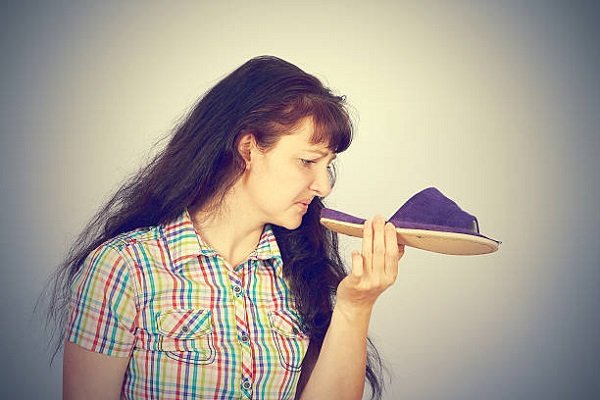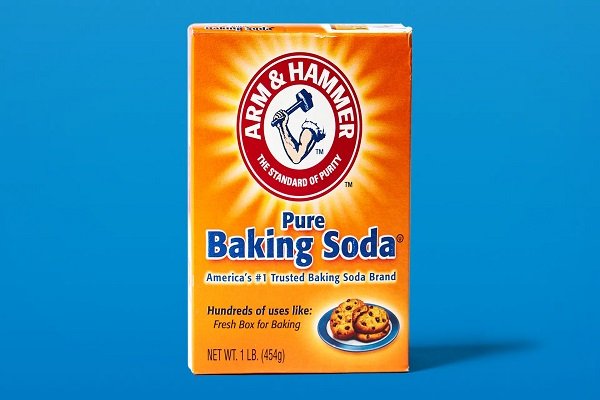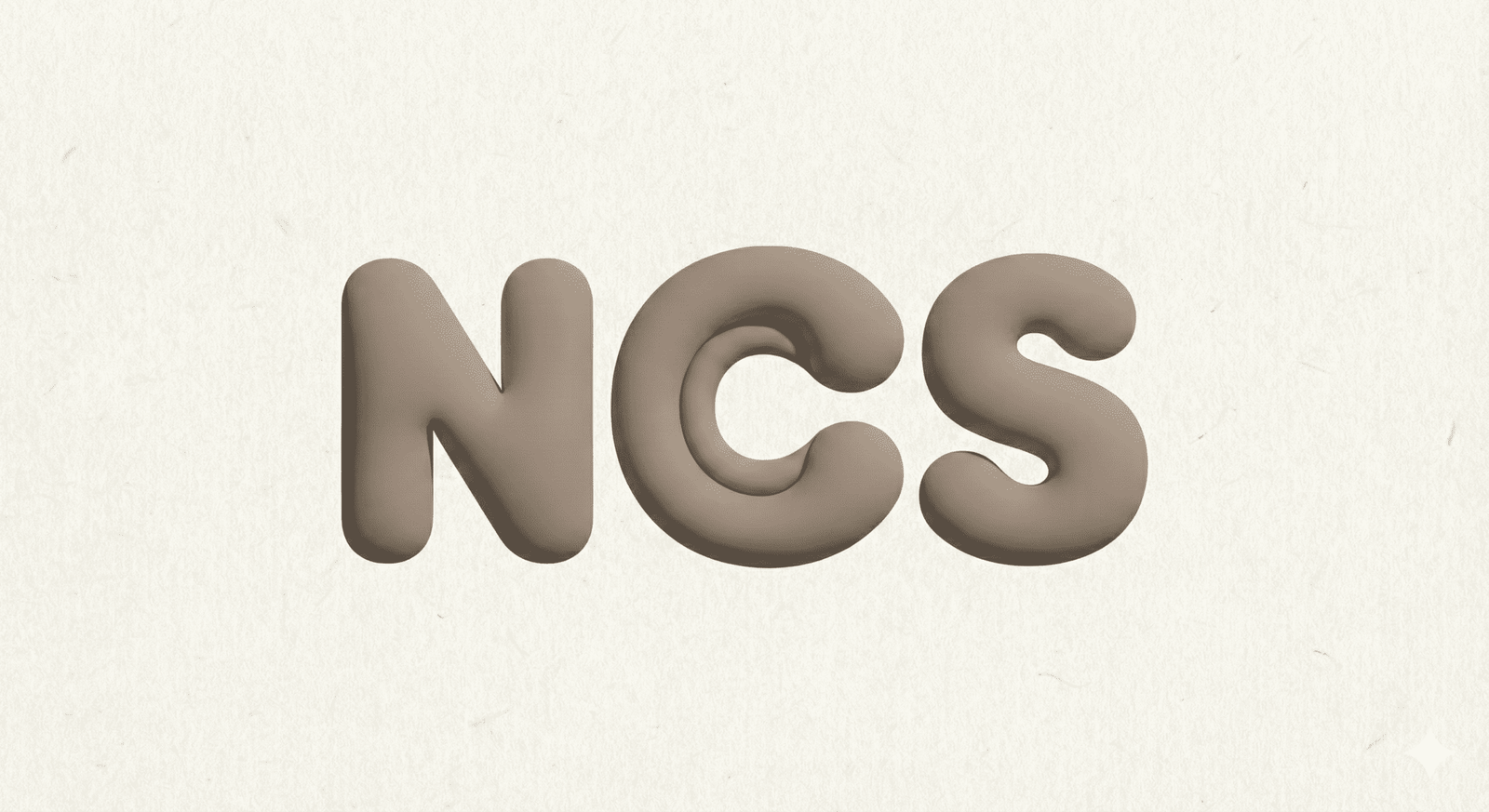Slipper odors are more than just a nuisance. They can have a big impact on customer satisfaction, your brand, and even your operations. As a slipper supplier, I understand the challenges you face with your B2B customers in industries like hospitality, gyms, and shared facilities. In this guide, I’ll talk about why slippers smell and give you some practical, proven ways to get rid of the smell and keep it from coming back.
Understanding the Prevalence of Slipper Odor Problems
Slipper odors are a common problem in places where people share or use slippers frequently like hotels, gyms, and shared living spaces. The smell is usually due to sweat, bacteria, and not cleaning them properly. For your B2B customers, this is a big deal because people will be unhappy, they’ll complain, and they might leave you a bad review. The first step in solving this problem is to understand why it happens.

Root Causes of Slipper Odors
To solve slipper odor problems effectively, it’s important to pinpoint the primary reasons:
1. Accumulation of Sweat and Moisture
Moisture from sweat creates the ideal breeding ground for bacteria and fungi, resulting in unpleasant odors.
2. Non-Breathable Materials That Worsen Slipper Odors
Slippers made of synthetic materials tend to trap moisture, accelerating bacterial growth.
3. Poor Cleaning and Drying Practices
Inadequate cleaning allows odors to linger, especially if slippers are not thoroughly dried after washing.
4. Environmental Factors
Humid and warm environments, such as locker rooms or poolside areas, exacerbate odor problems.

Proven Solutions for Slipper Odors
Let’s move on to the solutions. These are things you can do based on what works and what the industry does.
1. Establish a Robust Cleaning Routine
Regular, thorough cleaning is critical for maintaining odor-free slippers. Consider these steps:
- Machine Washing or Hand Washing: If your slippers are washable, use a mild detergent and throw them in the washing machine or wash them by hand with warm water and soap.
- Use Antibacterial Stuff: If your slippers are not washable, use an antibacterial spray or disinfectant that kills the bacteria that cause the smell.
- Dry Them Out: Make sure your slippers are completely dry after you wash them. Residual moisture is not your friend. Use air dryers or put them in the sun to help them dry out.
For more details of how to wash without ruinging them, you can click here to read more
2. Use Something to Absorb the Smell
Natural deodorizers like baking soda can be a big help. Sprinkle a little bit of baking soda inside the slippers, let it sit overnight, and then shake it out or vacuum it out in the morning. This is a simple, inexpensive way to get rid of the smell. It’s great if you’re in an environment where you share your slippers with other people.

3.Make Sure They Get Some Air
After people use them, make sure they put them in a place where they can get some air. Airflow helps the moisture evaporate, which helps prevent the bacteria from growing. If you’re in a business-to-business environment, you might want to think about putting in drying racks or having a designated area where people can put their slippers to air out.
4.Buy Slippers Made from Breathable Materials
Slippers made from natural, breathable materials like wool or those treated with odor-resistant coatings like silver-ion technology are great for fighting odors. Wool, for example, wicks away moisture, which makes it harder for the bacteria to grow.

5.Make Sure People Have Clean Feet
Educate people about the importance of having clean feet. The cleaner their feet are, the less sweat and bacteria they have to transfer. You might even consider providing socks or suggesting people wear them with their slippers to cut down on odor problems in shared environments.
6. Use Replaceable Deodorizing Inserts
Give people slippers with replaceable deodorizing insoles. These are easy to replace and are a great way to keep things fresh over time, especially in high-traffic environments.
Preventing Slipper Odors from the Ground Up
While it’s crucial to address existing odor issues, the goal is to prevent them in the first place. Here’s how you can help your B2B clients establish long-term strategies:
1. Implement Preventive Maintenance
Set up a schedule for cleaning and drying slippers based on the traffic in your facility. Use industrial-strength cleaning solutions to deep clean the slippers. Consider using antibacterial treatments as part of your regular maintenance.
2. Customize Solutions for Your Industry
Every industry has different needs. Here are a few examples:
- Hotels: Offer guests breathable, odor-resistant slippers in individual packaging to provide a premium experience.
- Gyms and Pools: Supply non-slip, quick-drying slippers with antimicrobial properties that can handle the humidity.
- Shared Living Spaces: Use machine-washable slippers because they’re easy to clean and durable.

Summary
To sum it up, dealing with slipper odors is a combination of using good materials, cleaning them well, and doing some things to prevent the problem from happening in the first place. If you do these things, you’ll keep your place smelling good, make your customers happy, and improve your brand.

